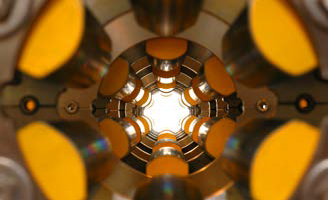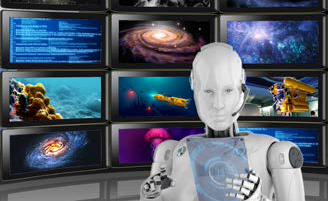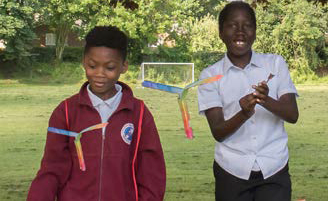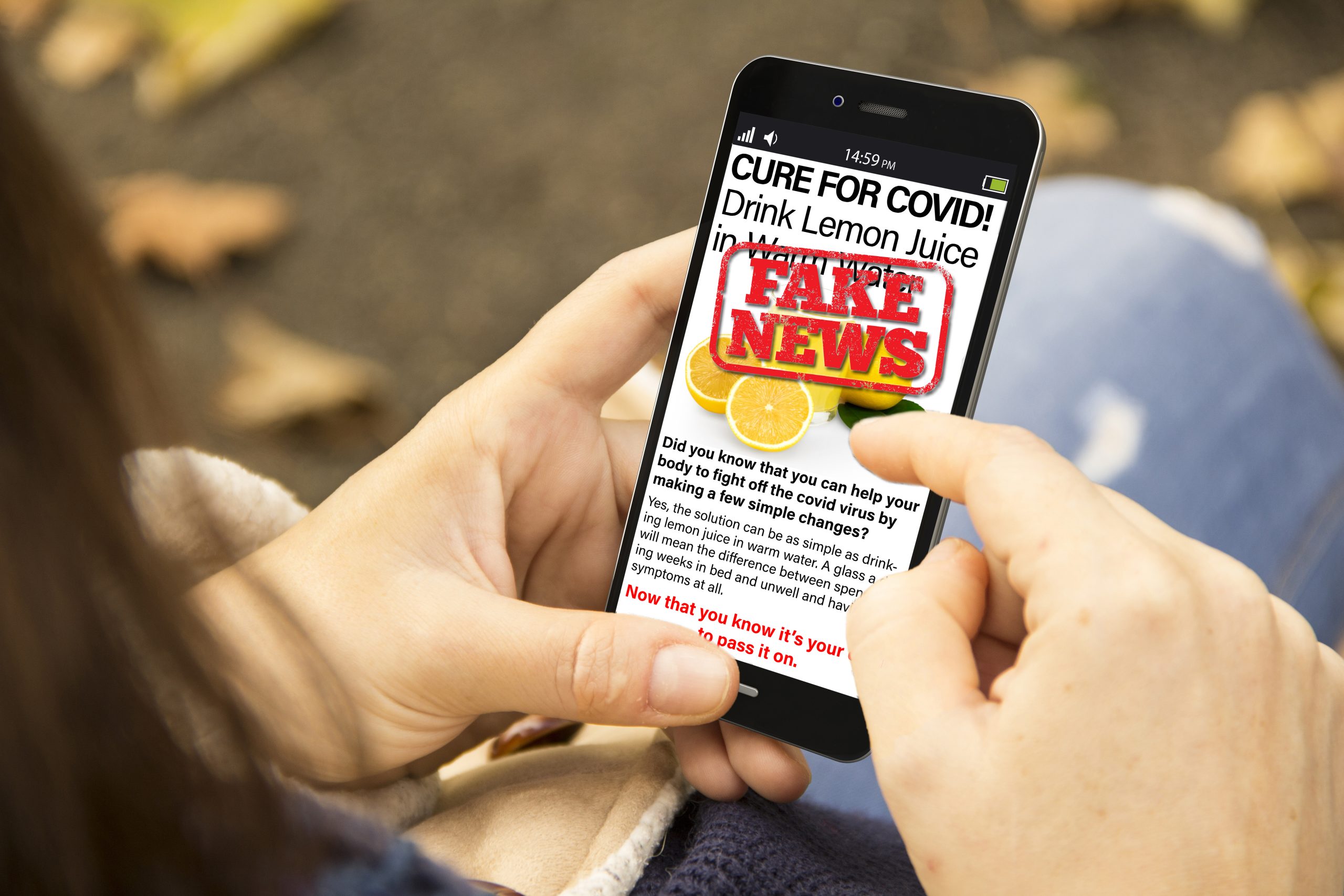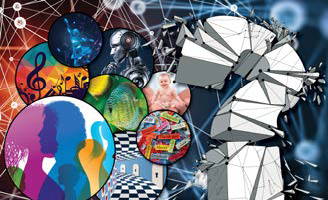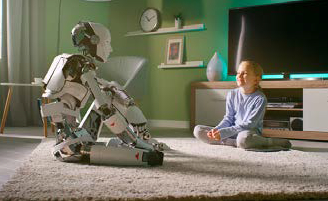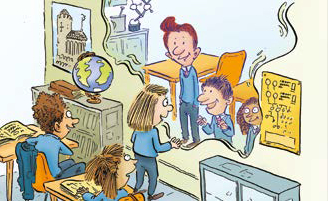Discovery Bags and Big Questions
The Discovery Bags project begins with a bag of simple equipment that encourages hands-on enquiry. From water droplets to paper spinners – we say these activities give children ‘essential experiences of thinking like a scientist’ when they investigate questions about how the natural world works.

But this project isn’t only about science. It’s about the way that all of our ‘ways of knowing’ can help us to investigate different types of questions.
So the first step is to establish what it feels like to ‘think like a scientist’.

The next step is to compare ‘thinking like a scientist’ and ‘thinking like a historian. Children take the question, “Why did the Titanic sink” and explore through science AND history to get two disciplines’ perspectives on the same question.
And it doesn’t stop there. From questions we can explore through two disciplines we move next to Big Questions. Big Questions are questions like “What makes me me” that we can investigate through science, history, geography, the arts, theology, philosophy, music, mathematics. … ok, you get the idea!

In the video above, staff and children at Bromstone Primary school explain how it works and the impacts on children’s learning.
The ‘hubs’ project

Thirty schools were recruited by four geographically dispersed universities in England. Each school carried out three activities from our resource pack. One of the university centres, Hull, produced an individual report about the questions that most interested students and the impacts of the intervention on their four schools. This indicated that space was a favourite topic for questions and that children were interested in both philosophical questions like “why do we exist?” and testable questions like, “Are there other planets than the eight we know?” and “How can we float in space but not on Earth”,


38 students responded post intervention. Facts fell, observations rose and experiments stayed the same:

When asked for one word, there were some changes from the pre-data with ‘Facts’ dropping by 12 percentage points (pp), Experiments remaining the same but observations rising 4 percentage points.
The number of children able to differentiate between a science question and a history question (Q9) rose by 14pp (to 63.2%) with more emphasis in the qualitative answers (Q10) on ‘proof’ or ‘facts’ or ‘experiments’. The percentage of children who thought what they had learnt at school make a good science question (Q11) rose significantly by 25pp to 77.1% with again a range of qualitative answers but there was more emphasis on testable questions and fewer more philosophical questions (Q13). When thinking about a career in science that had risen by 5pp to 22.9%. Finally, in the post survey the children were asked which areas they enjoyed most. The children were generally enthusiastic with the majority commenting that they really enjoy doing experiments and investigations – perhaps indicating that this was not a common activity in their normal lessons. Comments included, ‘Looking at things and looking for investigations’, ‘The experiments because you can find out new things and have fun’, ‘Looking at things and looking for investigations’ and ‘Learning how to answer the big question’
International scope
What makes this project even more special is that children all over the world can try out the same activities and compare ideas. And you can read more here
